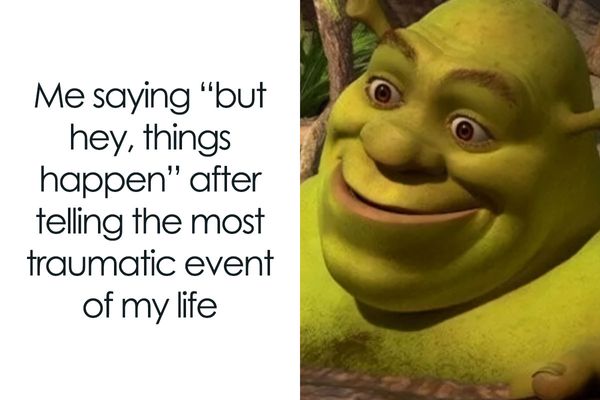Mental Health Struggles: “You Never Know What Someone Is Going Through” Quotes
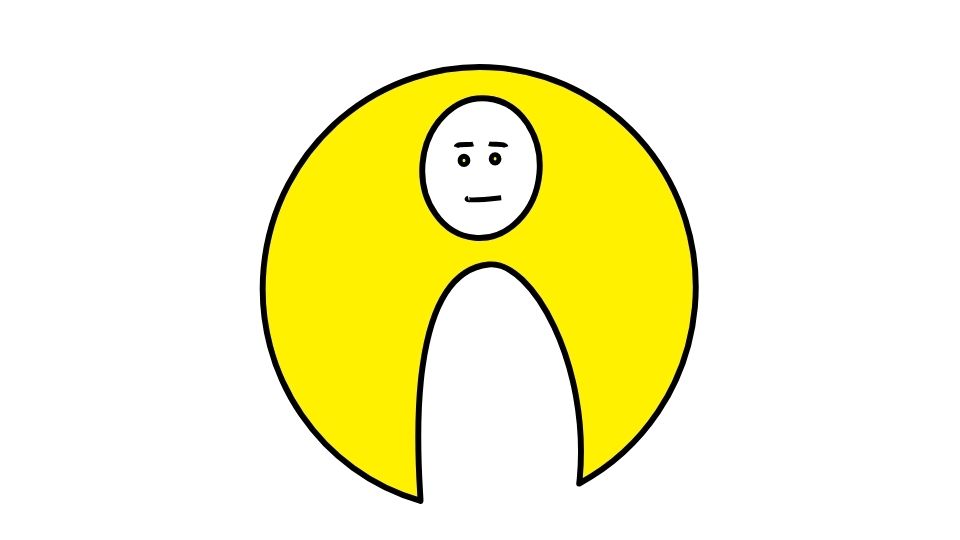
Have you ever noticed how we share quotes on social media about mental health but rarely talk about our own struggles?
Mental health challenges are the invisible battles so many of us fight daily. Behind smiles and “I’m fine” responses, millions wage war against anxiety, depression, and other conditions that leave no physical scars.
Let’s explore what mental health really looks like through the words of those who’ve been there – with some real talk sprinkled in along the way.
The Hidden Battles Nobody Sees
Mental health struggles are often completely invisible. As writer Andrew Solomon perfectly puts it: “There is so much pain in the world, and most of these people keep theirs secret, rolling through agonizing lives in invisible wheelchairs, dressed in invisible bodycasts.”
When someone breaks their leg, we see the cast. When someone battles depression? Nothing to see here, folks.
This invisibility is part of what makes mental health issues so damn hard. You’re fighting a battle nobody can see, and sometimes even you can’t fully understand what’s happening.
Kay Redfield Jamison captures the isolation of depression perfectly: “People cannot abide being around you when you are depressed. They might think they ought to, and they might even try, but you know and they know that you are tedious beyond belief you’re frightened, and you’re frightening, and you’re ‘not at all like yourself but will be soon,’ but you know you won’t.”
If you’ve ever experienced depression, you know exactly what she means. And if you haven’t? This gives you a tiny glimpse into the darkness others might be facing.
The Strength Behind the Struggle
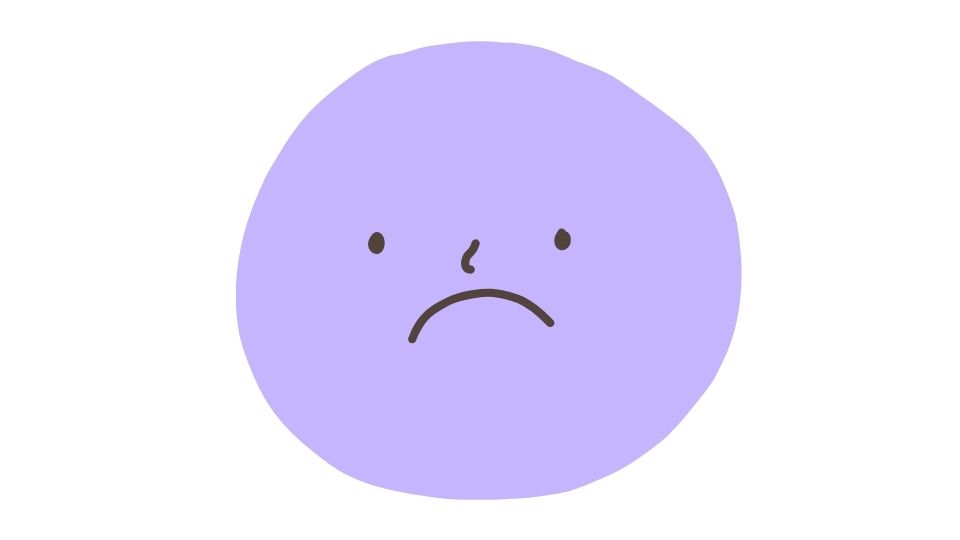
Here’s something you need to know: mental health struggles don’t equal weakness.
Actually, the opposite is true.
“The strongest people are those who win battles we know nothing about.”
Think about that for a second. The person who seems to have it all together might be fighting harder than anyone you know just to get out of bed each morning.
Carrie Fisher, who was brutally honest about her bipolar disorder, said it best: “We have been given a challenging illness, and there is no other option than to meet those challenges. Think of it as an opportunity to be heroic—not ‘I survived living in Mosul during an attack’ heroic, but an emotional survival.”
Mental illness is a battlefield that requires extraordinary courage – the kind that rarely gets medals or recognition.
Why Vulnerability Matters (And Feels So Scary)
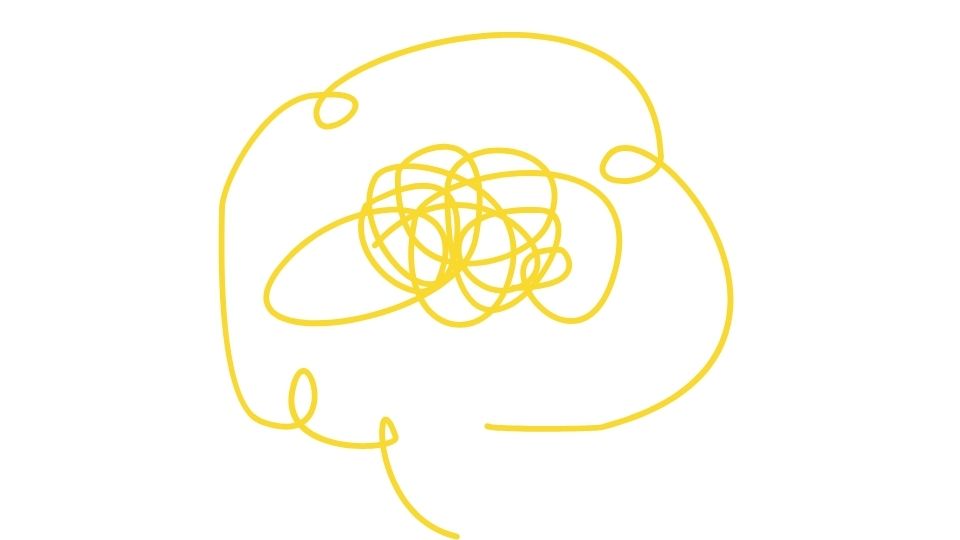
Opening up about mental health feels like standing naked in a crowded room. Terrifying, right?
But here’s the thing: “I don’t regret opening up about my mental health.” Almost everyone who’s taken that step says some version of this.
Brené Brown, the queen of vulnerability research, nails it: “Vulnerability sounds like truth and feels like courage. Truth and courage aren’t always comfortable, but they’re never weakness.”
When we’re honest about our struggles, two magical things happen:
- We start healing
- We help others feel less alone
Glenn Close, mental health advocate and actress, puts it plainly: “What mental health needs is more sunlight, more candor, and more unashamed conversation.”
Every time you share your story, you crack open the door for someone else to share theirs. That’s powerful stuff.
You Are Not Your Diagnosis
This part is crucial, so I’ll say it louder for the people in the back: YOU ARE NOT YOUR ILLNESS.
As physician Julian Seifter wisely states: “You are not your illness. You have an individual story to tell. You have a name, a history, a personality. Staying yourself is part of the battle.”
Having anxiety doesn’t make you “an anxious person.” Having depression doesn’t make you “a depressed person.” These are conditions you’re experiencing, not your identity.
Michelle Obama puts it in perspective: “We shouldn’t treat mental health conditions any differently than we would treat other illnesses, like an ear infection.”
You wouldn’t say “I am ear infection,” right? So why say “I am depression”?
The Messy Reality of Healing
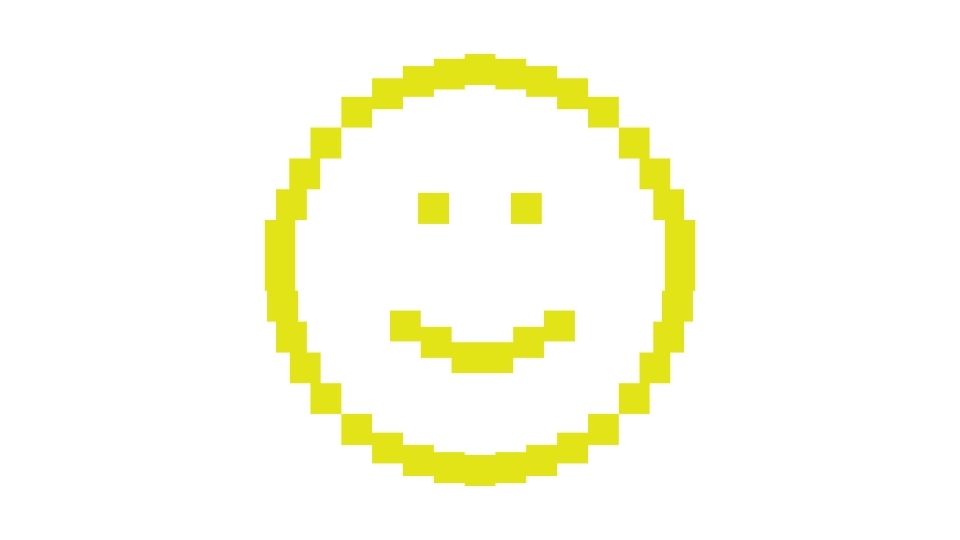
Let’s be real – healing isn’t a straight line. It’s more like a drunk toddler’s crayon scribble.
“Healing takes time, and asking for help is a courageous step.”
And my personal favorite: “Healing doesn’t mean the damage never existed. It means the damage no longer controls our lives.”
Kay Redfield Jamison describes the complicated feelings after depression lifts: “When you come out of the grips of a depression, there is an incredible relief, but not one you feel allowed to celebrate survivors who wake to more work than before because their friends and family are exhausted from helping them fight a battle they may not even understand.”
Recovery isn’t just about feeling better – it’s about rebuilding relationships and life patterns that got damaged in the storm. And that takes time.
Finding Light in the Darkness
When you’re in the depths of mental health struggles, hope can seem like a distant fantasy. But as Albert Camus wrote: “In the middle of winter, I at last discovered that there was in me an invincible summer within me, there’s something stronger—something better, pushing right back.”
Even fictional wisdom from Dumbledore reminds us, “Happiness can be found even in the darkest of times, if one only remembers to turn on the light.”
Robert Frost keeps it simple but profound: “The best way out is always through.”
And Martin Luther King Jr.’s words apply perfectly to mental health journeys: “If you can’t fly then run, if you can’t run then walk, if you can’t walk then crawl, but whatever you do, you have to keep moving forward.”
Progress, not perfection. One tiny step at a time.
Compassion: For Yourself and Others
Self-care isn’t selfish. It’s necessary.
As Lalah Delia puts it, “Self-care is how you take your power back.” Prioritizing your mental health isn’t indulgent – it’s an act of strength and self-preservation.
But beyond self-compassion, we need societal change. Germany Kent challenges us: “Be dedicated to change the way in which people see mental illness at all levels of society. If not for yourself, advocate for those who are struggling in silence.”
Because mental health isn’t just a personal issue – it’s a community responsibility.
What These Quotes Teach Us About Mental Health
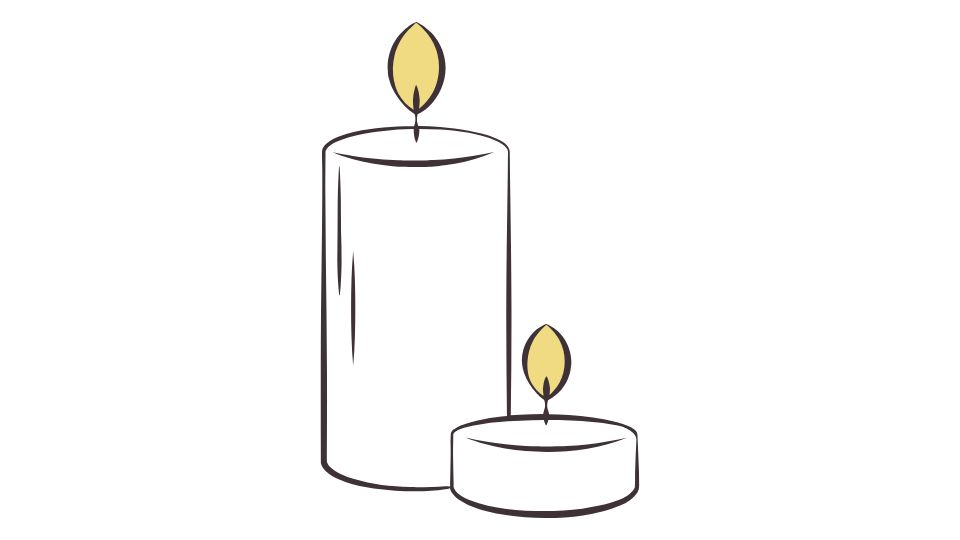
Invisible battles are real and deeply isolating. Just because you can’t see someone’s pain doesn’t mean it isn’t devastating.
Mental health conditions don’t define a person. They’re something you experience, not who you are.
Vulnerability takes balls. Sharing your story is scary but powerful – for you and others.
Healing is messy and non-linear. Two steps forward, one step back is still progress.
Hope exists even in darkness. Sometimes you need to borrow someone else’s light until you find your own again.
Compassion changes everything. For yourself and for others fighting silent battles.
So next time you see someone struggling – or find yourself in that dark place – remember these words. Behind every mental health quote is a real person who fought real battles, just like you.
And most importantly? You’re not alone in this. Not even close.

